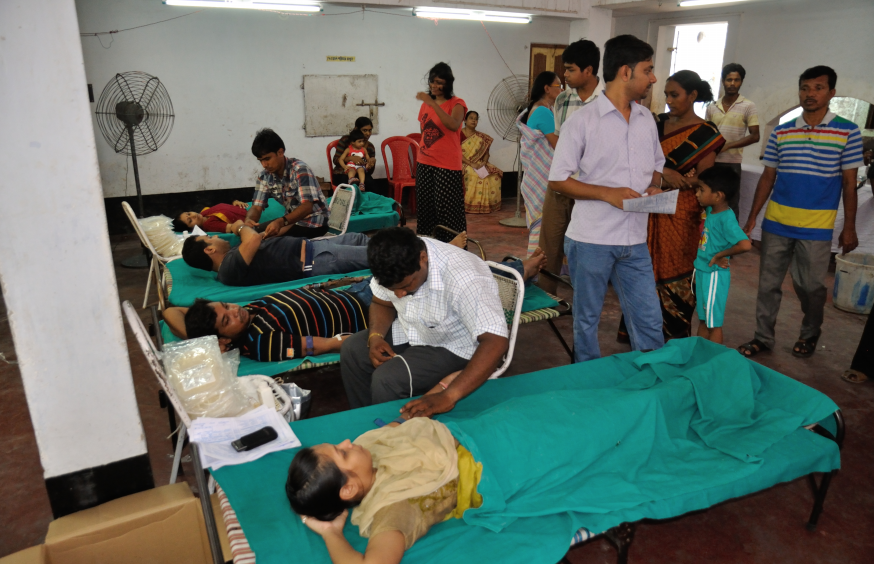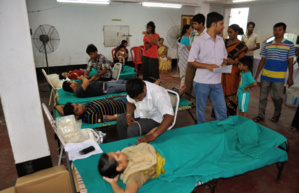Not surprisingly, that the vast majority of people prefer to receive care from private hands and their own money. Saurav Jha, a radiologist at hospital of the University of Pennsylvania, tells about specifics of such a health care system.
In fact, says Jha, medicine in India has become a free market. There are contracts between patients and doctors that do not require intermediaries and filling in medical records: a person pays for knowledge and ability to work with a scalpel.
Rules of the private medicine are simple, and prices - known. If you can scrape money together, you get treatment, if not - the decision is up to the doctor. This does not mean that you will not be inspected, the author notes, but the last word is said by the doctor, and that word can be "no": "Recently a hospital in Mumbai, Karuna denied a dying motorcyclist with an injury. The operation cost 20,000 rupees ($ 300), the patient did not have the 9000 ($ 136). Surgeons did not take the patient; he died".
Supporters of a more market-based health systems ignore these stories, claiming that the market does not require people to die on the street. However, when a doctor refuses to operate if surgery, it does not make the market less "market", as the key condition - the voluntary agreement between the parties - respected, says Jha. This is freedom of the Indian healthcare market: there is no controller, which would cause the surgeon to work free of charge; if a regulator appeared, the market would have become more humane, but less free. Indian surgeons claim that if they cure at least one person for free, they will be invaded by an endless stream of patients. Eventually, doctors will be left without livelihoods.
The Indian system of paid medicine even caused a demographic imbalance in the country. The development of ultrasound technology allowed doctors entrepreneurs to travel to villages and even cities with portable appliances, allowing determining sex of unborn childen in the womb. For a variety of economic reasons, a boy in India is a child coveted more than a girl, and possibility to know the sex for a few hundred rupees has led to a jump in abortions and gender imbalance of men prevailing on women in many Indian states.
Ironically, such a healthcare system, which seems inhuman to a Western man, is well suited to the Indian worldview, says Jha. Indians are fatalists and blame Gods for their woes. Unlike many Western people, they do not consider health to be a main value - most Indian will save money to spend on their daughter's wedding rather than on their own treatment in old age.
source: qz.com






